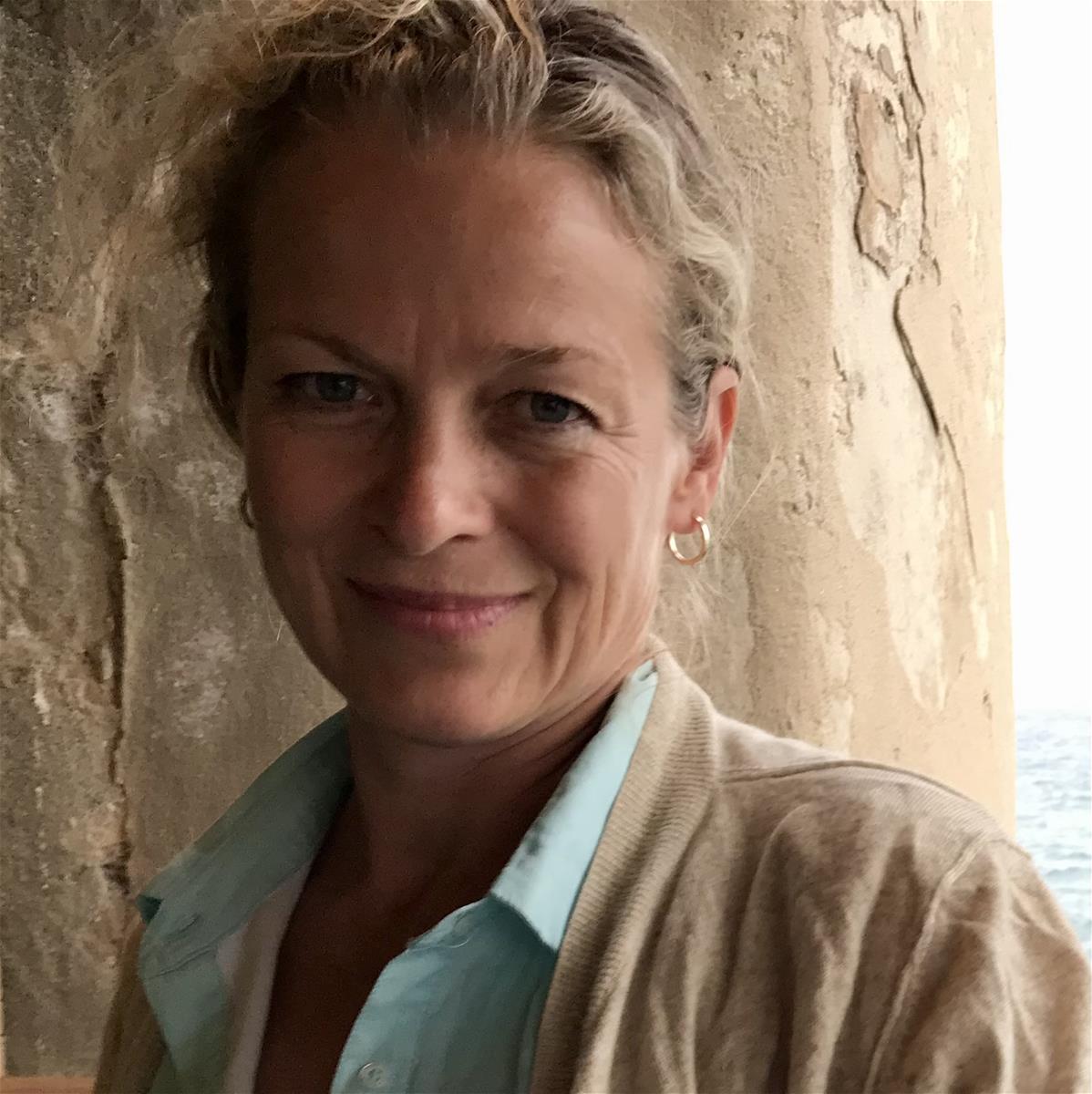
Professor Gro Birgit Ween
Title: Streams of salmon knowledge
’I never thought I would experience this day’. Lately, this sentence has been repeated to me on numerous occasions by Indigenous peoples from different circumpolar locations. In less than a decade, indigenous peoples of the North have lost salmon as a bountiful, culturally vibrant companion species. In Deatnu River, we are approaching the fifth spring without salmon fishing. Other friends are in similar situations. It should be said, Northern Indigenous peoples do not engage the same salmon, but they do live with the same salmon management system, and I boldly argue that this has produced the current state of crisis. There are particular reasons for this. In this paper, I pay attention to the salmon in River Deatnu. I use the collaborations between fishermen, fishermen’s associations and the Finnish and Norwegian management institutions as an example, investigating the human-animal assemblages produced in global salmon management biology. I am concerned with the optics involved in the framing of relations between humans, animals and landscapes. I follow fishermen’s ongoing efforts to document and bring attention to how salmon otherwise can be known and engaged, in ways that allow new visions, with capacities for change.
Gro Ween is professor of Social Anthropology at the Museum of Cultural History, University of Oslo. She has collaborated with Indigenous peoples in Sápmi, Nunavut, Alaska and Australia. Her work involves both conflicts over natural resource management, often involving epistemological differences regarding landscapes, and relations between humans and animals. Ween has also contributed to repatriations and often publishes on initiatives seeking to decolonize the museum. Among relevant publications that she has contributed to are ‘Domestication Gone Wild: Policies and practices of multi-species relations (Swanson, Lien and Ween, Duke 2018), Control: Attempting to tame the World (Ween and Lundblad, Pax 2022).